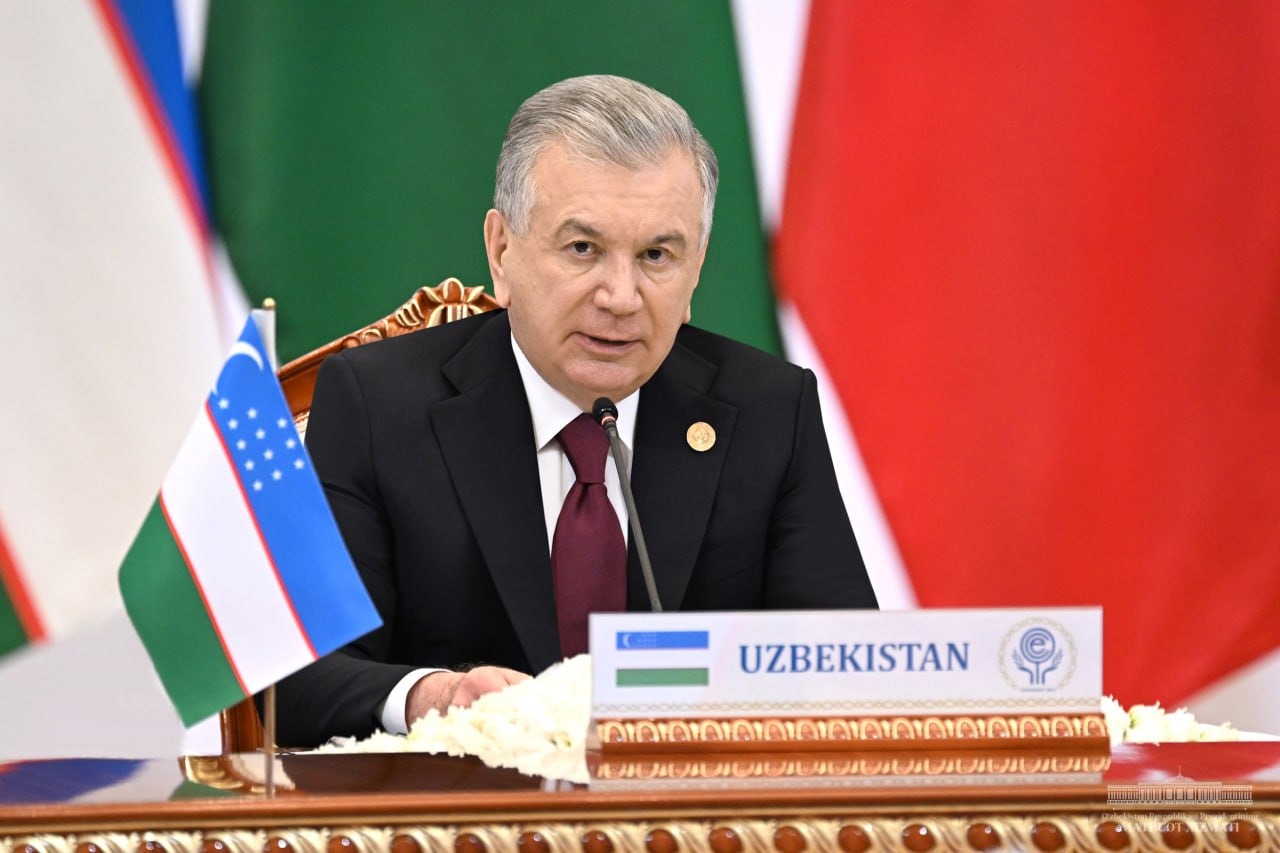Shavkat Mirziyoyev, born on July 24, 1957, in the modest town of Jizzakh, has emerged as a beacon of hope and progress for Uzbekistan. His journey from humble beginnings to the pinnacle of political leadership is marked by a commitment to transformation and development. As the President of Uzbekistan, Mirziyoyev has ushered in a new era, characterized by sweeping reforms across various sectors.
Table of Contents
Mirziyoyev’s Early Years
Mirziyoyev‘s early life reflects the values of diligence and perseverance that would later define his leadership. Raised in a modest family, he imbibed the principles of hard work and community spirit. His educational odyssey, culminating in a degree from the Tashkent Institute of Irrigation and Melioration, laid the groundwork for a future marked by academic acumen and dedication.
Political Ascension and Reforms
Mirziyoyev’s entry into politics saw him rise through the ranks, from local governance to becoming the Governor of Jizzakh province in 1996. This early experience shaped his understanding of the intricacies of administration and governance. In 2003, he assumed the role of Prime Minister, signaling the beginning of a transformative period for Uzbekistan. His tenure as Prime Minister marked a pivotal juncture, setting the stage for the comprehensive reforms that would define his presidency and reshape Uzbekistan’s trajectory.
Economic Reforms: A Catalyst for Growth
Central to Mirziyoyev’s leadership is his emphasis on economic diversification. His initiatives aim to reduce reliance on traditional sectors, fostering innovation and technological advancements. The “Uzbekistan 2035” initiative, a cornerstone of his economic strategy, charts a path toward sustainable development and global economic integration. This forward-looking roadmap envisions Uzbekistan as a hub of innovation, attracting investments, and positioning the nation as a competitive player in the ever-evolving global economic landscape.
Social Transformation: Nurturing Human Capital
Mirziyoyev’s commitment to social development is evident in his revolutionary approach to education. Recognizing the pivotal role of education in progress, he has implemented reforms to equip the youth with skills essential for the future. Simultaneously, healthcare reforms underline his dedication to ensuring the well-being of every Uzbek citizen. This holistic vision encompasses not only academic growth but also the physical and mental health of the population, reflecting his comprehensive and people-centric leadership.
Global Impact and Diplomatic Outreach
Mirziyoyev’s influence extends beyond Uzbekistan’s borders through his adept diplomatic engagements. Actively participating in international forums and fostering regional ties, he has positioned Uzbekistan as a key player in the global arena. His strategic endeavors, such as the “Trans-Afghan Railway,” not only underscore his commitment to regional connectivity and cooperation but also exemplify his dedication to fostering sustainable economic and infrastructural development throughout Central Asia.
Crisis Management and Environmental Sustainability
Mirziyoyev’s leadership during challenging times reflects his resilience and strategic acumen. Whether addressing socio-political challenges or championing environmental sustainability through the “Green Growth” initiative, he continues to navigate complexities with a forward-thinking approach. His ability to adapt and innovate underscores a leadership style that not only addresses immediate concerns but also anticipates and prepares Uzbekistan for a dynamic and sustainable future.
Conclusion: Mirziyoyev’s Enduring Legacy
In conclusion, Shavkat Mirziyoyev’s presidency is synonymous with positive transformation and visionary leadership. His reforms have laid the foundation for a prosperous and dynamic Uzbekistan, resonating positively on the global stage. As we navigate the intricacies of Mirziyoyev’s journey, it becomes evident that his legacy is one of progress, inclusivity, and a commitment to shaping a brighter future for Uzbekistan. The impact of his policies reverberates through every facet of Uzbek society, fostering a sense of optimism and unity among its citizens.




:max_bytes(150000):strip_icc()/platinum-vs-white-gold-Carmen-Santorelli-twitter-32dc945fb4054ab8890857bd9ada120f.jpg)